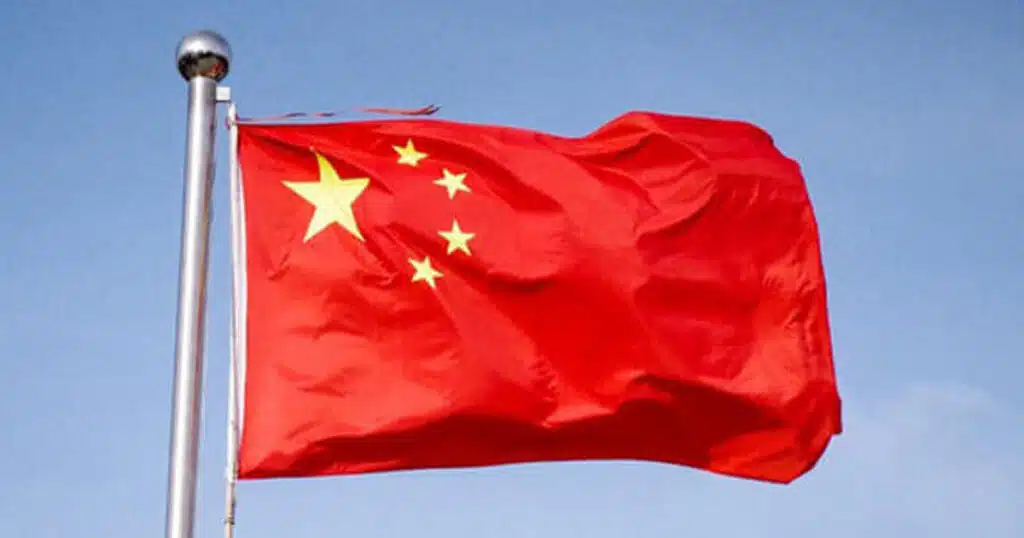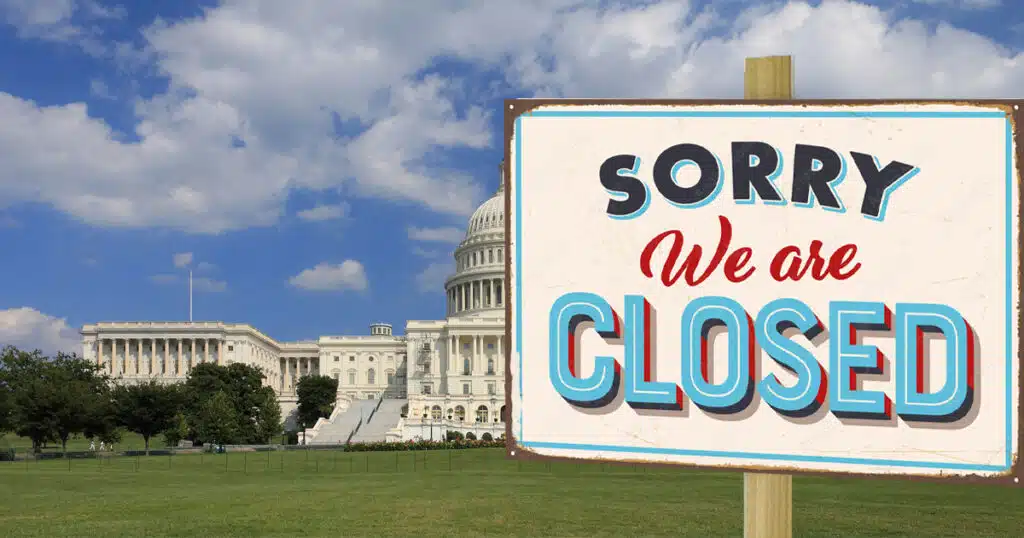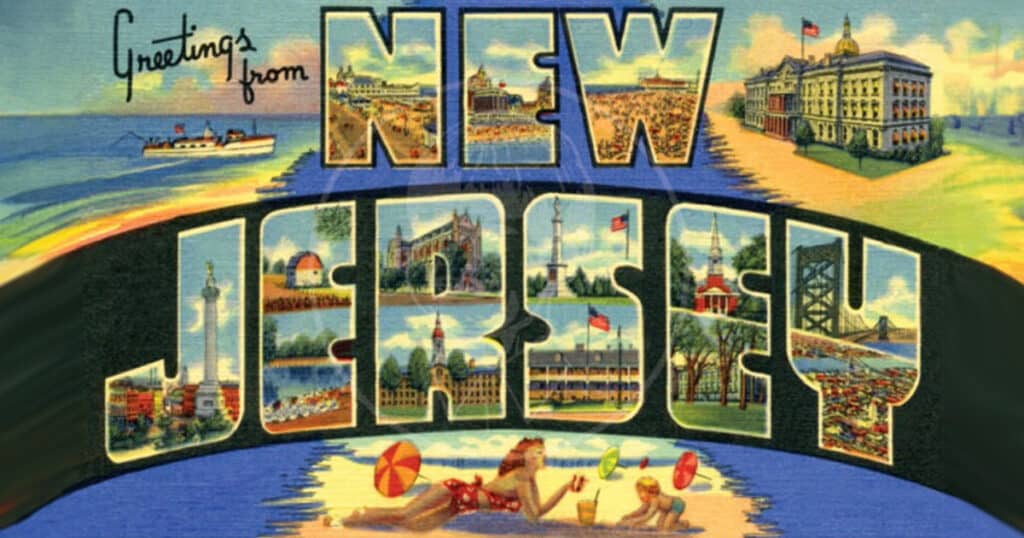
Understanding Chinese Obsessions
It is hard for us to grasp the timescale of Chinese history and culture. Their history and language can be traced back nearly 5,000 years. The Chinese collective psyche is dominated by three obsessions, each of which is borne in the country’s history. Without understanding these, it is impossible to understand why China acts the way it does.
Fear of Anarchy
In his book, “The Better Angels of our Nature,” Steven Pinker examines the incidence of violence throughout human history. He includes a table based on the work of historian Matthew White, which lists the most deadly conflagrations in history, adjusted for the world’s population at the time of the event. Five on the list are Chinese civil wars, of which I had only heard of one before reading the book.
Number one on the list is the An Lushan Rebellion in the 8th century, in which 36 million Chinese are estimated to have died. In percentage terms, that would be the equivalent of over 400 million people dying in a single war today, eight times the number that died in World War II. By comparison, the American Civil War, as horrible as it was, does not even come close to making the list.
In addition, there have been scores of other rebellions and uprisings throughout Chinese history. In fact, the last sixty or so years of relative domestic tranquility in China is almost unprecedented.
The predominant belief system in China is Confucianism, which emphasizes order, respect for authority, and community harmony. It is easy to see how the fear of anarchy would lead to such a belief system and why an autocratic form of government would be more acceptable to the Chinese people than it is to us. Ingrained in the fundamental Chinese psyche is a greater willingness than in Western countries to put the perceived good of society ahead of the good of the individual. The willingness of the Chinese population to endure their government’s absurd response to COVID is a classic illustration of the difference.
Fear of Invasion
At nearly 14,000 miles, China has the longest border in the world with contiguous countries. And throughout history they have been invaded countless times from almost every direction. Anyone who doubts the Chinese historical obsession with being invaded need look no further than the existence of the Great Wall, the most extensive engineering project mankind has ever undertaken. By the way, the second deadliest war on the Pinker/White list is the Mongolian invasion of China in the 13th century (278 million fatalities adjusted for today’s population).
Of course, the Chinese do not have to go nearly as far back in history as the Great Wall to have their fear of invasion reinforced. In the lead-up to and during WWII, the Chinese were subjected to a horrendous invasion and dystopian occupation by the Japanese. During this conflict, the Japanese carried out numerous war crimes. Some estimates put the number of Chinese killed at as many as 30 million and describe the period as the Asian Holocaust. Only the Soviet Union’s fatalities during WWII were greater.
The Century of Humiliation
For almost all of its 5,000 years, China has been one of, if not the most powerful, advanced, and affluent countries in the world. Its accomplishments easily matched or eclipsed those of any Western empire. Americans do not appreciate this reality because our education is so focused on Western history. However, China did not embrace the Industrial Revolution as the West did, which resulted in it falling far behind Western powers, especially with respect to military technology.
In the mid-19th century, there was a thriving trade relationship between Great Britain and China. A crucial part of that relationship involved British merchants importing and selling opium to the Chinese people. The Qing Dynasty, which had ruled since the mid-17th century, came to realize the terrible toll the widespread use of opium was having on its people and in 1839 moved to outlaw its importation or use.
The British responded by waging war on China, now known as the First Opium War. Because of Britain’s militarily superior ships and equipment, it easily defeated the Chinese and in 1842 imposed a treaty with China which allowed the continuation of the importation of opium, required China to pay reparations, and ceded Hong Kong to the British. To this day, the Chinese refer to the treaty as the “Unequal Treaty.” Many of the terms of this treaty were replicated in a treaty between the U.S. and China in 1844 and American merchants participated in the opium trade, although not nearly to the extent of the British.
However, relations quickly broke down and the British again invaded China in 1857, in what is now known as the Second Opium War. Again, the British, this time with the help of France and Russia, quickly prevailed, ultimately sacking the summer palace of the Qings. Even more ignominious treaties followed this war, in which China was virtually carved up between the great Western powers and Russia. China was forced to cede 600,000 square miles of territory to Russia along their border.
(Some historians have argued that describing the two conflicts as Opium Wars is a misnomer because many issues were involved other than the Chinese government’s desire to end the importation of opium. They note that at that time opium was still legal throughout the world and a commodity that was routinely traded. In their view, recasting the conflicts as based on Western powers forcing a highly addictive drug on the Chinese people is revisionist history.)
These wars left the Qing dynasty so weakened that it was overthrown in 1912. In the chaos that followed, China became an easy target for the Japanese invasion.
Conclusions
I think there are several things we need to understand about these obsessions.
First, they are valid. If America had been subjected to a similar history, we would have similar scars on our national psyche. As a country that has not suffered a significant invasion since the War of 1812 or a civil war for over 150 years, we cannot even imagine how we would respond to their circumstances.
Second, we are not going to change Chinese minds about these obsessions. We are not going to persuade them that their concerns are not valid or that they should move on and “get over it.” We are not going to coerce them into changing their views with economic or military pressure. In fact, those approaches will likely have the opposite effect.
Third, the current Chinese leadership is acutely aware of these national obsessions and plays on them to maintain its control. By amping up the anti-Chinese rhetoric, American politicians play directly into the hands of the Chinese leadership to exploit the fears of the Chinese people and tighten their control. This is one of those situations where they should take Teddy Roosevelt’s advice to speak softly and carry a big stick, but that is not likely to happen because so many of our leaders today are more concerned with their social media following than the long-term interest of our country.
None of this is to suggest that we should not pursue our own national interest or compete and push back when China threatens our interests. We should. But in my experience, it is always useful to understand why an adversary is acting the way are. This will sometimes lead to accommodations that can serve the interests and concerns of both sides. But even if that is not possible, it provides a strategic and tactical advantage.
Certainly, we should never excuse or tolerate China’s abusive conduct based on their history. But the reality is that China is not going away, and a war between the U.S. and China would be the greatest calamity of human history – for both sides. We are going to have to find a way to live on this planet together. That begins with both sides better understanding each other.
This article was originally published by RealClearPolitics and made available via RealClearWire.



